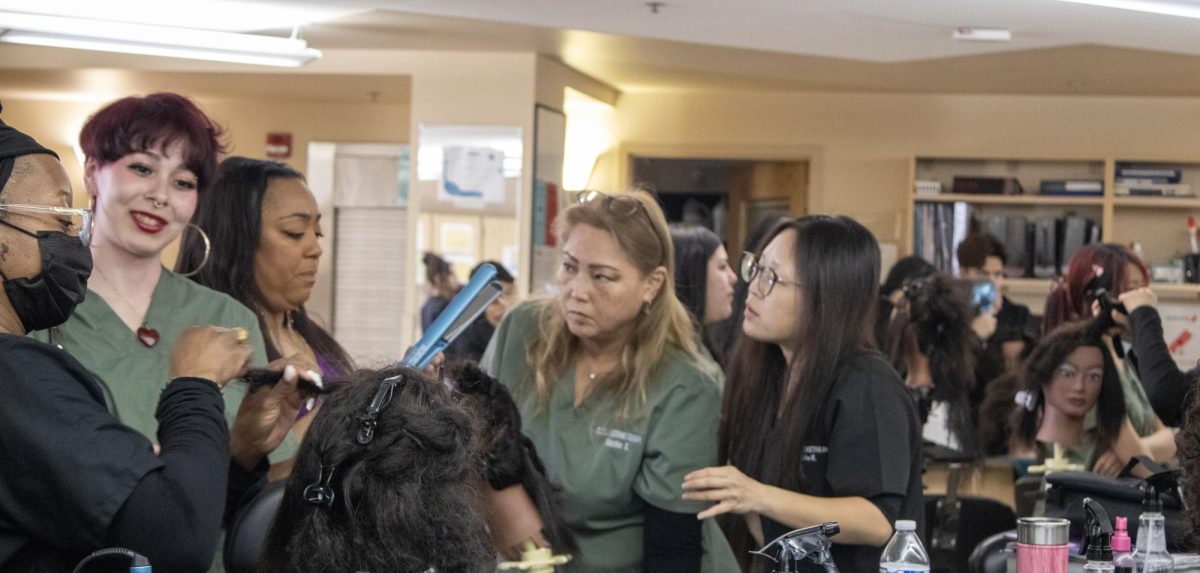San Jose City College President Barbara Kavalier rejected a December recommendation by the Academic Senate to hire a full-time faculty member for the Journalism Program, which produces the campus newspaper, City College Times.
Kavalier said that she had to look at enrollment trends to justify hiring a full-time faculty member for the Journalism Program, and she said the data didn’t support it.
“Often journalism has struggled to have enough enrollment to make a class,”
Kavalier said.
An October 2011 Journalism Program review found that journalism writing and broadcasting classes were filled from 70 percent to 100 percent while the newspaper enrollment was 60 percent capacity and no journalism courses had retention issues.
Academic Senate President Charles Heimler said that the president has to consider the four performance indicators listed in the school’s Strategic Plan, which include access, retention, persistence and success.
“They’re looking at demand for the classes, and they use waitlists as a measure of that, and they’re looking at historical patterns of enrollment in the courses,” Heimler said.
Journalism professors from many California community colleges that produce a newspaper say that at least one full-time faculty adviser is necessary for any newspaper to excel.
“A full-time faculty member allows the program and publications to flourish in terms of quality, retention, enrollment, prestige, recognition, continuity, performance, first amendment issues and many other advantages,” said professor Pat McKean of Long Beach Community College.
Santa Rosa Junior College journalism adviser Anne Belden agrees that a journalism program needs a full-time faculty member.
“Having a full-timer in charge of the program definitely enhances enrollment, retention and the program as a whole,” Belden said.
Another danger to the Journalism Program is that adjunct faculty are not protected from retribution from administrators.
“Despite the Student Adviser Protection Act of 2008, the truth is an adjunct has no protection from presidents taking revenge against them for what students publish. Full-timers do,” said journalism professor Robert R. Mercer of Cypress College.
He was fired from Evansville (Ind.) University for what administrators characterized as “not keeping those students in control.” He said students at Evansville proved the university had violated their civil rights.
Mercer also said that it might be a violation of the California wage and hour law as well as the adjunct union’s contract to not have a full-time adviser who can “teach students the full freedom of what the First Amendment gives students.”
Heimler did say that there is a plan in progress by the college president and himself, as well as instructors in English, journalism and communications, to devise a program that will meet enrollment criteria.
“The college president is very interested in developing a new media-type program that will fulfill that need moving forward in the next 10, 20, 30 years,” Heimler said.
However, journalism courses that produce the newspaper are in a precarious position each semester as they have been threatened with cancellation for low enrollment and arbitrarily omitted from the schedule of classes in past semesters.
In an email to the campus, ESL Instructor Ron Levesque wrote about the danger of losing enrichment programs on the campus.
“If we follow enrollment patterns alone, we would return to a program of the three R’s (reading, writing and arithmetic) and lose out on programs in the arts, in physical education, in journalism, leaving a campus with no core, no heart and no student voice in the case of journalism.”






